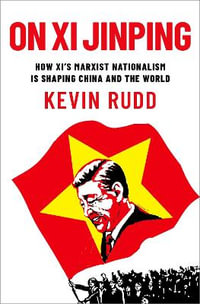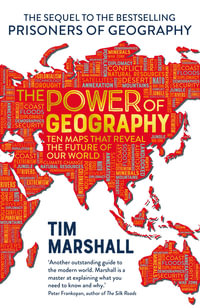What limits, if any, should be placed on a government's efforts to spy on its citizens in the interests of national security? Spying on foreigners has long been regarded as an unseemly but necessary enterprise. Spying on one's own citizens in a democracy, by contrast, has historically been subject to various forms of legal and political restraint. For most of the twentieth century these regimes were kept distinct. That position is no longer tenable. Modern threats do not respect national borders. Changes in technology make it impractical to distinguish between 'foreign' and 'local' communications. And our culture is progressively reducing the sphere of activity that citizens can reasonably expect to be kept from government eyes.
The main casualty of this transformed environment will be privacy. Recent battles over privacy have been dominated by fights over warrantless electronic surveillance or CCTV; the coming years will see debates over data-mining and biometric identification. There will be protests and lawsuits, editorials and elections resisting these attacks on privacy. Those battles are worthy. But they will all be lost. Modern threats increasingly require that governments collect such information, governments are increasingly able to collect it, and citizens increasingly accept that they will collect it.
The point of this book is to shift focus away from questions of whether governments should collect information and onto more problematic and relevant questions concerning its use. By reframing the relationship between privacy and security in the language of a social contract, mediated by a citizenry who are active participants rather than passive targets, the book offers a framework to defend freedom without sacrificing liberty.
Industry Reviews
`This is a unique work that will make for a thought-provoking addition to the reading list of any student doing political theory or international relations theory. It will be of particular interest to those students looking for a new theoretical perspective on civil rights and the Big Brother state in the post 9/11 era.'
International Relations
`A timely examination of the theory and practice of governmental surveillance, with particular focus on the Anglophone democracies and the United Nations. One Nation Under Surveillance is a cogent contribution to the growing body of post-9/11 literature examining contemporary political developments in tension with the fundamental values of political liberalism, in this case particularly the right to privacy and due process of lawit is a welcome addition to
any library and will prove to be a valuable resource for students and researchers in the area. And, it is to be hoped, for our policymakers and 'deciders'.'
Journal of Law and Information Science
`Chesterman's book provides a selective field guide to some of the best that has been said about intelligence and national security strained through the author's experience and legal knowledge ... a fine teaching device and is, as book blurbs say, "highly recommended".'
Times Higher Education Supplement
`In One Nation Under Surveillance, Simon Chesterman, a law professor at the National University of Singapore and New York University, maintains that privacy is already a dead letter, and proposes that we concentrate instead on regulating the governments use of the information it gathers, rather than futilely seeking to control surveillance itself. He argues convincingly that the specter of catastrophic terrorist attacks creates extraordinary pressure for
intrusive monitoring; that technological advances have made the collection and analysis of vast amounts of previously private information entirely feasible; and that in a culture transformed by social media,
in which citizens are increasingly willing to broadcast their innermost thoughts and acts, privacy may already be as outmoded as chivalry'
New York Review of Books

























